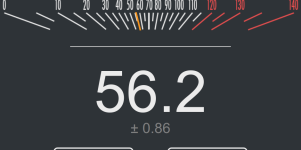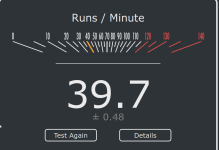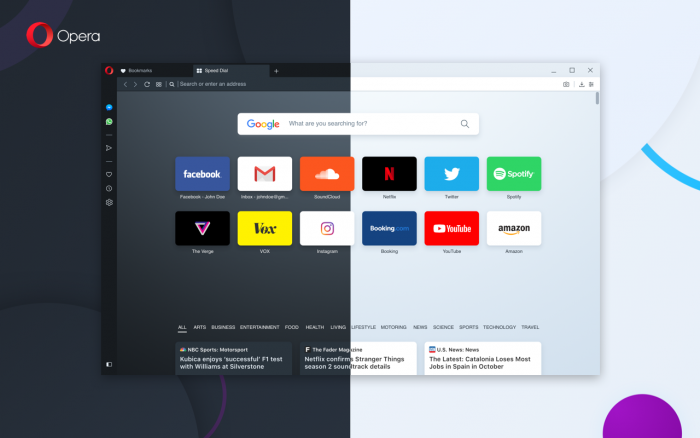When Opera Software
unveiled a new look and feel for its browser earlier this year, the company made a big deal of the impending changes. "We put Web content at center stage," the Opera team declared on its blog. And early previews of the design appeared to be quite pared down, allowing users to browse "unhindered by unnecessary distractions" as the Opera team put it. Well Opera recently released what the company refers to as Reborn 3, the latest version of its flagship desktop browser, and it's tempting to dismiss the name as little more than marketing hype. But given the relentless and utterly unspectacular updates that the Chromium project releases every six weeks, it can also be hard to denote actual big releases of browsers based on Chromium—hence the "Reborn" moniker. After spending some time with Reborn 3, however, the name seems accurate. For Opera, this
is a significant update that goes far beyond what arrived with the move to Chromium 60.
Opera Reborn 3—or Opera 60 if you want to stick with version numbers—transitions a slew of features that recently debuted in Opera's mobile browsers to the desktop. The big three in this release are support for blockchain-secured transactions, a crypto wallet to go with the mobile version, and a new overall look with light and dark themes available. So if you haven't checked out Opera lately, it's worth revisiting, especially for those older Opera fans still smarting about the switch from Opera's Presto rendering engine to Google's Blink rendering engine. Opera once
filed a complaint with the EU saying that Internet Explorer was holding back the Web "by not following accepted Web standards." The founders of Opera (who have since moved on to other things) probably never imagined their browser would one day share a rendering engine with Internet Explorer, but it does now. And it's true, this is not the Opera of old—there's no mail client, no IRC support to name a few things—but it does presently offer features that make it much more useful than Chrome or Chromium. That said, Opera's user base (like that of every other Web browser) pales next to Google Chrome. But Opera was the originator of many things we all take for granted that have become part of any Web browser these days. Tabbed browsing, mouse gestures, and the "speed dial" of page thumbnails on new tabs are just a few of the things that started life in Opera. The company's innovation track record is impressive, and it bears paying attention to what Opera is doing. Firefox, Chrome, and the rest have long since copied all those features listed above, but for quite some time if you wanted to know what the future of the Web browser looked like, you checked in with what Opera was doing. So while Opera may have opted for aspects of the current en vogue playbook by taking a Web-centric approach to Reborn 3, what makes this latest release interesting is that it
does offer quite a few new things that still feel well afield of what the rest of the market is doing.
The first thing that jumps out about Opera 60 is that most of the new features arrived in the mobile version first and came to the desktop afterward. This makes sense given that much of Opera's user base today is on mobile. In fact, mobile is one area where Opera still leads the browser field with considerable innovation. For instance,
Opera Touch has managed to do something no other mobile browser has yet pulled off—making it easy to browse with one hand even on larger devices. Touch also has some thoughtful features like a built-in cookie dialog blocker that's actually pretty effective at hiding those annoying legal-compliance cookie notices. I've also long been a fan of
Opera Mini, which is a perfect mobile browser for bandwidth constrained situations. Opera Mini pipes all traffic through Opera's servers to first compress pages, after which they are sent on to your phone in much smaller form. This saves
considerablebandwidth. I wouldn't use it for mobile banking, but it's great for casual Web surfing on sketchy 2G/3G connections. Admittedly, Opera's desktop offering with Reborn 3 is considerably less innovative in comparison to those two. But this newest release still offers plenty of features you won't find in Chrome or Firefox, including the new blockchain support and crypto wallet. What will be most obvious to Opera users in this update, though, is the new look.









